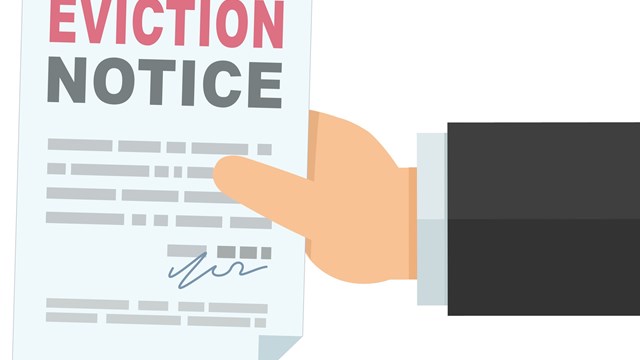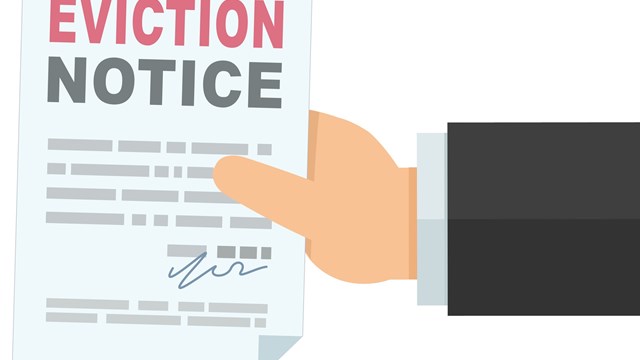
Q. My Manhattan co-op has a liberal sublet allowance of four out of six years, and a five percent sublet fee. The person who purchased the apartment above me has been permitted to sublet for 7 1/2 years now. I have had a lot of problems due to noise, lack of carpet, et cetera, and after multiple questions and complaints regarding the policy, I was told that the shareholder would not be subletting for two years. Since she has been permitted to sublet for nearly double the sublet time limit, shouldn’t the disallowed sublet period be closer to four years? I believe that there are a few others who have been subletting their apartments for indefinite periods as well. How can the board be made to abide by the policy? Also, one subtenant caused damage to my ceiling; who is responsible for costs to repair it?
—Teed-Off Shareholder
A. “The enforcement—or lack thereof—of rules and policies by co-op boards is generally within the discretion of the board,” says attorney Stanley Kaufman of the New York City firm Kaufman Friedman Plotnicki & Grun, LLP. “In the case of your upstairs neighbor, if the board of your co-op chose to not enforce the 4-year subleasing limit, there is no magic formula that would obligate the board to disallow future subletting for any particular period. In other words, if your upstairs neighbor was allowed to sublet for an extra 3 ½ years, the co-op’s sublet policy (at least as you describe it) would not require or even authorize the board to penalize the shareholder by prohibiting another sublet for more than policy’s “two years without subletting” rule.
-“How can the board be required to enforce the co-op’s subletting policy? The answer is, bluntly: ‘Forget about it, they probably can’t be.’ While I do not know what your proprietary lease provides, most proprietary leases contain a provision that “[t]he Lessor shall not be responsible for the nonobservance or violation of the House Rules by any other lessee or person.” The purpose of this provision is to make it clear that the rules of the co-op, which the lessor is given the right to enforce, are not designed to impose any obligations or liabilities on the lessor, or the board which acts on behalf of the lessor. Technically, the sublet policy that you describe is not a house rule, but rather, it is a policy that guides the board’s decisions under the subletting provisions of the proprietary lease (which typically makes subletting subject to board approval and any conditions imposed by the board). However, the powers of the board are not unlimited. Under the governing business judgment rule, courts are not supposed to second-guess decisions and actions of co-op board members as long as they are taken in good faith and in a non-discriminatory manner. If a board enforces the co-op’s rules in such an arbitrary, haphazard or inconsistent manner so as to amount to bad faith conduct, or if the board singles out a shareholder for unequal treatment, a shareholder may have a claim that the board members have not fulfilled their fiduciary duties. Nevertheless, if you believe that your board is not enforcing the rules or is not treating all shareholders equally, my pragmatic advice to you would be to vote the rascals out (and convince fellow-shareholders to do likewise), and elect new board members at the next annual meeting.
“As for damage to your ceiling caused by one of the subtenants, as proprietary lessee in a co-op, your lease is deemed to contain an implied warranty of habitability, which means that the landlord -- in your case the co-op -- is responsible to repair any condition that adversely affects the habitability of your apartment. In such as case, the landlord/co-op, or its insurance company, may be able to pursue a negligence claim against the owner of the apartment above or his/her subtenant, to seek to hold the negligent party responsible for the repair costs. But between you and the co-op, the co-op should fix your ceiling.









Comments
Leave a Comment